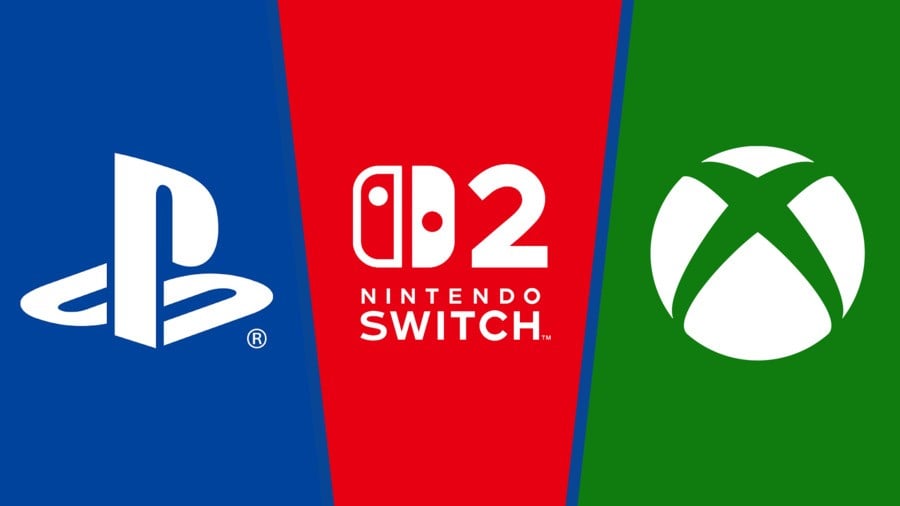Despite positive trends in inflation, GDP growth, and declining unemployment rates, Americans continue to express pessimism about the economy, expecting it to worsen in the coming year. This pervasive unease stems from the fear of sudden change, leading to a deep-seated gloom regarding the country’s economic state and individual financial prospects. While unemployment has decreased to just 3.7 percent, GDP growth was recorded at 3.1 percent last year, and inflation reduced to 3 percent, surveys indicate an overwhelming sense of apprehension among the populace.
Consumer sentiment as measured by the University of Michigan saw an increase of 13 percent last month, although it still remains significantly lower than pre-pandemic levels. A National Opinion Research Center survey found that 78 percent of Americans lack confidence in their children’s future prospects – an all-time low. Additionally, 71 percent of respondents believe the economy is heading in the wrong direction. Even with positive trends, the general sentiment is still pessimistic, with only a small percentage of people rating the economy as excellent or good. While economic indicators show improvement, there is a significant disconnection between these trends and the public perception, leading to the broader concern that the economic recovery is not being felt by individual Americans. Even though the cost of living has increased, many Americans feel the pressure of rising prices and consumer debt, leading to a sense of uncertainty about the future. This unease is further compounded by factors such as geopolitical conflicts, income inequality, soaring living costs, and concerns about retirement and social security. As a result, there is a prevailing lack of confidence in the government’s ability to address these issues effectively, adding to the overall sense of uncertainty and skepticism towards the economy. This widespread pessimism could have significant implications for the upcoming elections, as the economy holds historical importance as a deciding factor for voters. Notably, former President Donald Trump currently holds a considerable advantage on this issue, adding to the complexity of the situation.
Reasons behind American’s pessimism towards the economy despite positive indicators














